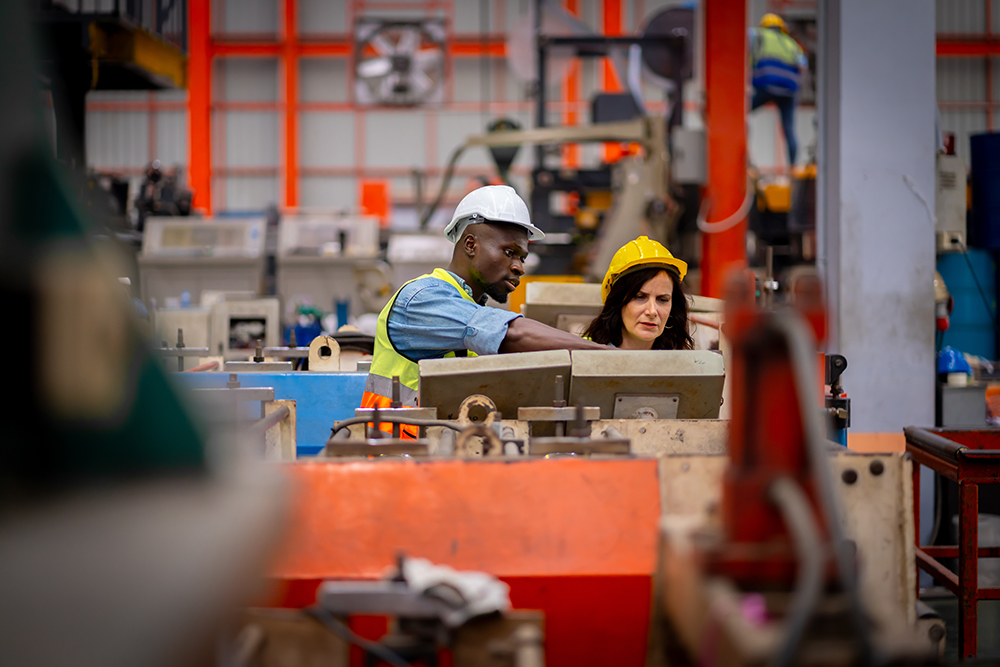The race to electrify America is well underway—from EV adoption to grid-scale energy storage—but the U.S. is falling behind on one key component: a national battery recycling strategy. While demand for lithium-ion batteries skyrockets, most spent batteries are still shipped overseas or end up in landfills. It’s time for a coordinated national response.
At American Li-ion, we believe battery recycling is a matter of national interest. Here’s why the U.S. must act now to build a robust domestic recycling ecosystem.
1. Strengthen U.S. Energy Independence
Every lithium-ion battery contains critical minerals like lithium, cobalt, and nickel—materials the U.S. currently imports in large volumes. Without a national recycling plan, we remain dependent on foreign governments to access the raw materials needed to power our future.
A national strategy would help close the loop domestically, reducing reliance on unstable global supply chains and securing the resources needed for American-made batteries. According to the U.S. Geological Survey, the U.S. imports 100% of its supply of 12 critical minerals, including graphite and cobalt—both essential to battery production.
2. Reduce Environmental and National Security Risks
Sending black mass or e-waste overseas for processing creates unnecessary environmental hazards and logistics risks. It also raises serious national security concerns when critical materials are handled in foreign jurisdictions. A 2022 report from the U.S. Department of Energy highlights the importance of securing the battery supply chain to avoid geopolitical dependencies and ensure national resilience.
By investing in recycling infrastructure here at home, the U.S. can safeguard sensitive materials, enforce environmental protections, and create a transparent, traceable supply chain.
3. Unlock Economic Growth and American Jobs
A national strategy would accelerate the development of battery recycling facilities across the country, unlocking billions in economic value and creating thousands of high-paying jobs in engineering, operations, and logistics.
A 2021 International Energy Agency (IEA) report estimates that demand for critical minerals will increase fourfold by 2040. Meeting that demand domestically could create a new wave of U.S. clean-tech jobs while reducing trade deficits and regional unemployment.
At American Li-ion, we’ve already seen the impact in Oklahoma, where our facilities are helping transform local economies through clean-tech employment and regional manufacturing strength.
4. Support the EV and Energy Storage Industry
As U.S. automakers and battery manufacturers scale up domestic production, they need access to high-purity cathode and anode materials. Without a reliable supply of recycled materials, this growth could stall or become more costly.
Recycled materials like pCAM offer a drop-in solution for Gigafactory’s looking to localize their supply chains and hit sustainability targets. A national strategy would ensure this material is readily available and consistently produced, supporting major investments from the EV sector.
5. Compete Globally on Circular Economy Leadership
The European Union has already enacted strict battery recycling and circularity requirements under its Battery Regulation, and China leads the world in battery reuse infrastructure. If the U.S. doesn’t follow suit, we risk falling behind in a global race to dominate the next generation of clean-tech infrastructure.
A national strategy isn’t just a regulatory necessity—it’s a competitive imperative. It positions the U.S. as a leader in innovation, sustainability, and industrial independence.
Conclusion: America Needs to Act—Now
The window for securing our position in the global battery economy is closing fast. A national battery recycling strategy would address critical supply chain gaps, support economic growth, and protect American interests—environmentally, economically, and strategically.
At American Li-ion, we’re proud to lead by example. But a national approach is the only way to scale the impact needed for true energy independence.
Want to be part of the solution? Learn more about our technology and mission.



